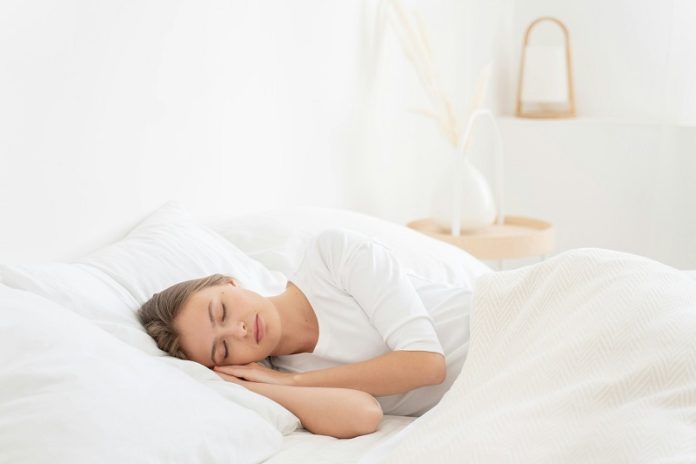
A recent study suggests that people who have had a stroke may be more likely to sleep either too much or too little compared to those who haven’t had a stroke.
While the study, published in the Neurology journal on September 11, 2024, does not prove that strokes directly cause abnormal sleep, it highlights a connection between stroke and changes in sleep patterns.
“Getting the right amount of sleep is essential for both brain and heart health,” said Dr. Sara Hassani from Duke University School of Medicine, who led the study.
“We know that too much or too little sleep after a stroke can affect recovery and lower quality of life. This research suggests we should be paying more attention to stroke patients’ sleep habits and finding ways to help them improve their sleep.”
The study involved over 39,000 participants, including 1,572 people who had experienced a stroke and 37,987 who had not.
Every two years, participants were asked how many hours they typically slept at night. Sleep was categorized as short (less than six hours), normal (six to eight hours), or long (eight or more hours).
The results showed that normal sleep duration (six to eight hours) was less common in people who had a stroke than in those who hadn’t.
Among the younger group (ages 18-44), only 32% of stroke survivors reported normal sleep, compared to 54% of those without a stroke. For people aged 45-64, it was 47% vs. 55%, and for those over 65, it was 45% vs. 54%.
After accounting for factors like age, weight, and high blood pressure, the researchers found that stroke survivors were 54% more likely to sleep more than eight hours per night, and 50% more likely to sleep less than six hours, compared to those without a stroke.
“Previous research has shown a connection between stroke and sleep problems like sleep apnea,” said Dr. Hassani. “Stroke patients often experience issues like insomnia and excessive sleepiness, which may be direct or indirect effects of the stroke. Future studies should investigate how stroke and sleep duration are linked and how sleep affects recovery after a stroke.”
One limitation of the study is that the participants self-reported their sleep hours, which may not always be accurate. Despite this, the findings suggest that monitoring sleep habits in stroke patients could be important for their long-term recovery.



